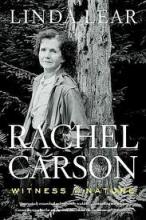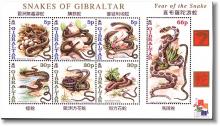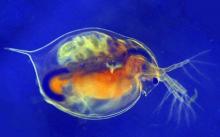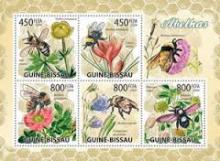Biographer Linda Lear says the outspoken environmentalist Rachel Carson was heroic partly for what she didn't talk about
A year and a half ago, with symposia and reverential speeches, the United States and much of the world marked the 50th anniversary of Rachel Carson's book "Silent Spring" and her courageous warnings about environmental threats. Monday -- the 50th anniversary of Carson's death -- is an opportune time to admire her equally courageous silence about matters that could have blunted the book's impact. Most people are surprised to learn that Carson lived only about 18 months after the publication of "Silent Spring." On April 14, 1964, a month shy of her 57th birthday, Carson died in the Maryland suburb of Silver Spring of complications of metastasizing breast cancer. Sadly, she had become a polarizing figure in an increasingly vituperative political atmosphere. Carson did not live to see the positive impact of her message -- prohibition of the agrichemicals aldrin, dieldrin and heptachlor; passage of the National Environmental Policy Act; establishment of the U.S. Environmental Protection Agency; the banning of DDT in the United States in 1972 and the end of its use by much of the world's agriculture within the half-century.










